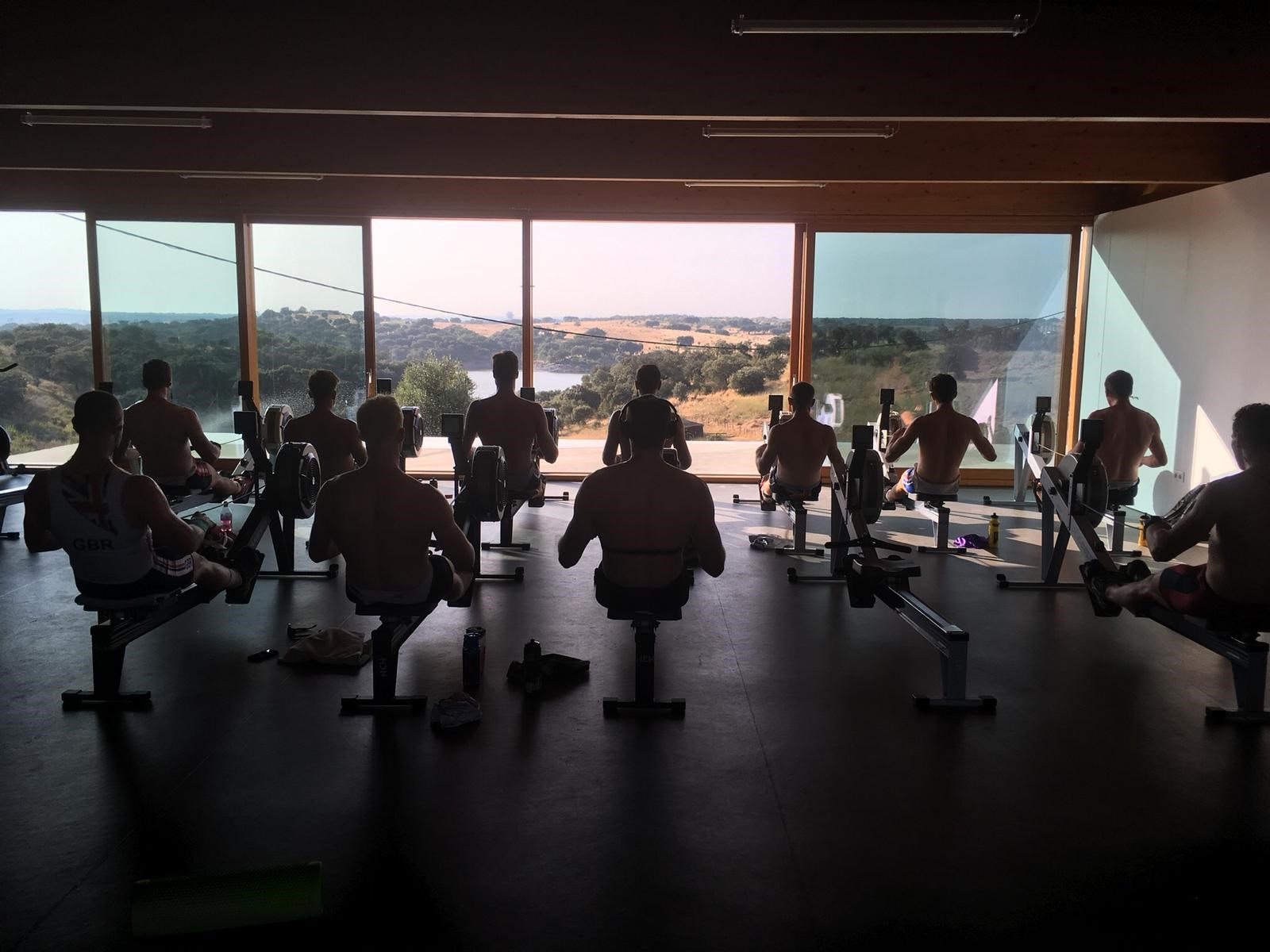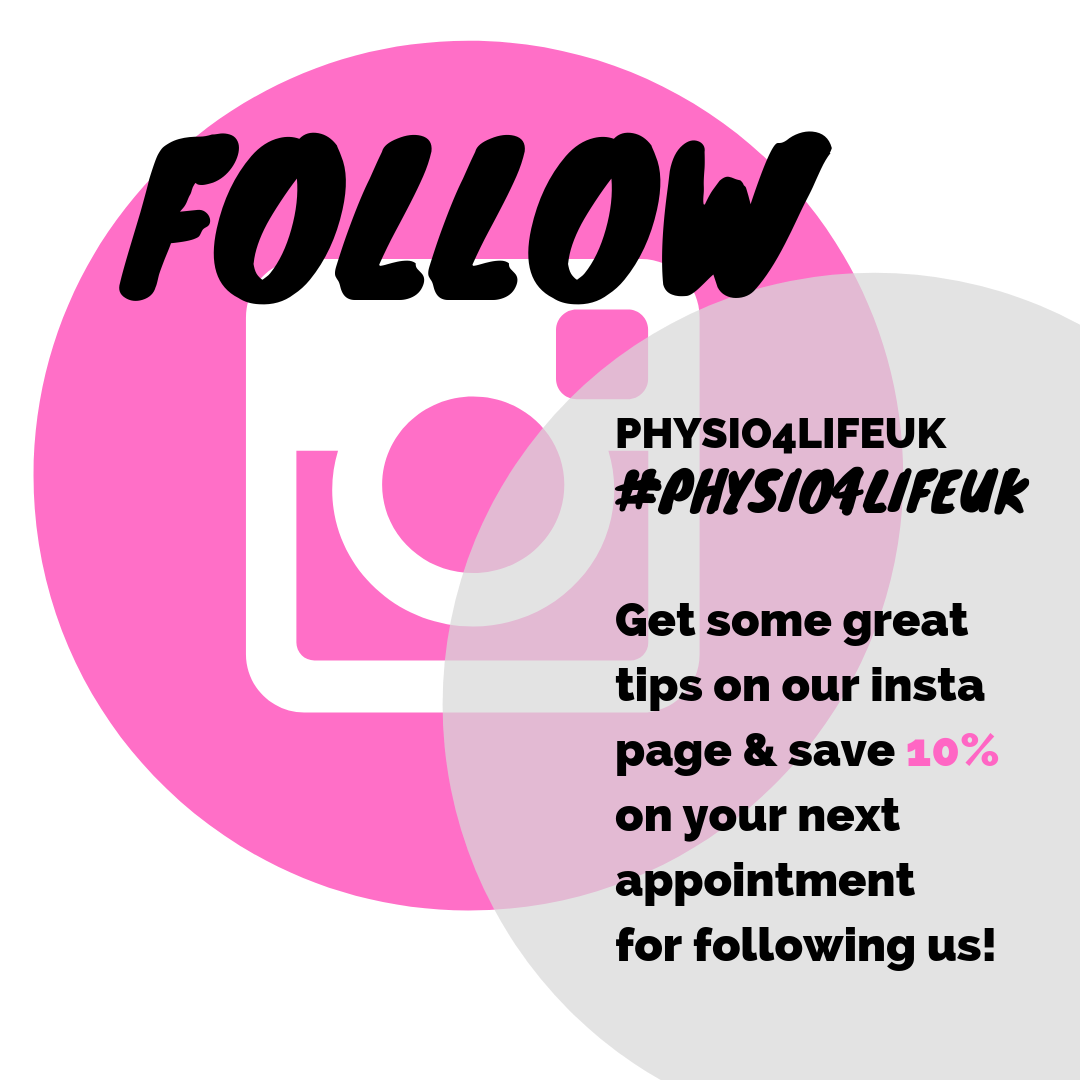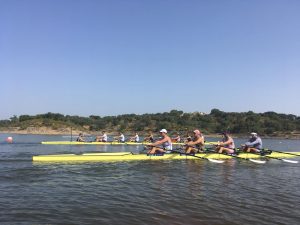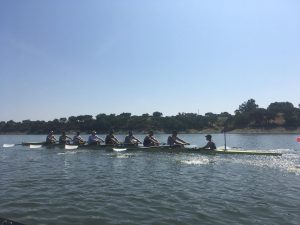
A brief overview of Lucy’s incredible experience working with the British Rowing Team in their training.
I felt incredibly privileged to be chosen to join the British Rowing team at their Pre-World Championship training camp in Portugal. I spent a fortnight working alongside their resident lead physio as part of a strong team of coaching staff, a biomechanics specialist and physiologist.
Work started immediately following a brief introduction to the team at the airport. We arrived at the camp in the early afternoon and once the boats were rigged, the rowers were promptly out on the water. This gave us time to set up the physio equipment, and for me to find my bearings.
The hotel in Avis was the ideal setup for the GB rowing team and the simplicity of it ensures they have been going back for over ten years. The sleepy town offers very little in terms of distraction and the hotel houses physio facilities, a gym and the waterfront all within 5 minutes from your room. The setup ensured the athletes had no means of distractions from their rowing and recovery routine.
The first evening we already had our first clients as the rowers needed post-flight treatment to enable their transition back into this busy training block. The whole training camp comprised of both endurance sets and shorter anaerobic pieces (sprints), which put a high load and demand on each athlete.
In addition to the obvious physio routine of treating the rowers for their various ailments, our day was divided up into some time on the water observing each athlete’s technique and leading mobility & strength classes within the gym.
It was crucial to watch each rower on the ergo and within the boat to see how their technique may be contributing to their symptoms and more importantly to prevent any asymmetries that may occur with such high training load especially as they start to fatigue.
Each athlete was continually assessed to enable an updated individualised program was prescribed and there was a huge emphasis on spending time in the gym before reaching the water to prevent injury.
I think what dawned on me the most from this experience was the importance of recovery in relation to nutrition, mobility and strength activation work that enabled these athletes to train at such a high intensity, and often as much as three times a day. It wasn’t just the time in the boat that made them Great British rowers but their attitude surrounding their role and the importance of the tools & people they could access to ensure they were training and competing at their optimal.
Lucy Sacarello





